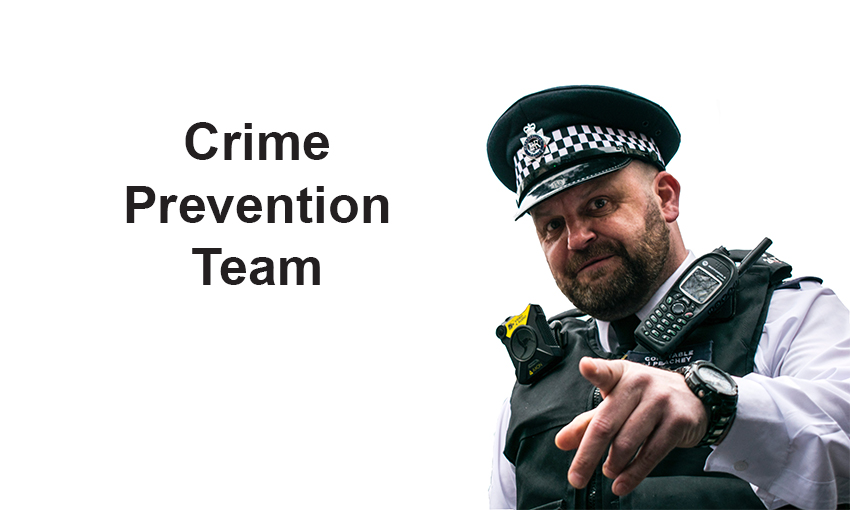The crime prevention team offers scam presentations, advice on personal safety and security, free home security survey, advice on locks (door, shed, bike), CCTV and burglar alarms. See below examples of current scams.
Telephone scams
Fraudsters ring stating they are Police with someone in custody with your bank card/details and request you move money by internet transfer to a ‘safe’ account or withdraw cash to hand to them to ensure it isn’t stolen. Variations on this include being advised to hang up and ring your bank or 999 where you are then asked to key your PIN into the phone keypad and then having a courier collect your bank card. (Sometimes a ‘detective’ attends your home to collect the card and take a statement). When you put the phone down and re-dial the fraudsters keep the line open so you will still be talking to the same fraudsters. Use a different phone (mobile/neighbours) and don’t allow yourself to be rushed.
If taking cash out the fraudsters may tell you that the cashier is involved in the fraud and not to tell them why you are taking the money out.
A ‘Bank’ employee rings stating attempts have been made to take large amounts of money from your account. ‘For security’ your account is blocked and arrangements made for a new bank card to be sent to you. You are encouraged to key your card PIN into the keypad so your card can be collected and a new card can be delivered.
A ‘Microsoft’ representative rings advising you of a security breach or to check your security settings and asking you to log on to a site they give you. Don’t. This will give fraudsters access to your computer and any banking details held on it.
Door to door
A ‘Tradesperson’ knocks on your door stating roof tiles/guttering in need of repair or working on a neighbour’s property and need to check yours. A verbal quote for the work is usually for small amounts of cash but once work commences other ‘repairs’ are needed and costs rapidly increase. Get a written quote, compare with other companies and don’t get rushed into having work done.
Internet
You receive an email (Bank, Microsoft etc) which asks you to click on a link to update security on your computer/smart phone. Don’t click links. Do your own search on your search engine (Google,Yahoo, etc.).
ATM/Cash machine
Be aware of who is around you when you use an ATM. If you are uncomfortable walk away and find another.
Don’t be distracted
Scammers in teams will drop money near you to distract you so they can snatch your card. Others in the team will watch as you key your PIN number in. The scam team then have your card and PIN.
Report a scam to Action Fraud on 0300 123 2040 or online at actionfraud.police.uk. Contact police on 999 if the suspect is known and still in the area. Don’t be embarrassed to report a scam; criminals are cunning and there is no shame in being deceived.
Source: Metropolitan Police Crime Prevention Team
Take the Virgin Media O2 cyber security safety test
Virgin Media O2 experts have created a cyber security safety test to help build awareness around cybercrime, identity theft, malware & phishing to ensure users are better protected online.
Take the cyber security test here: https://www.virginmedia.com/blog/online-safety/cyber-security-quiz/

